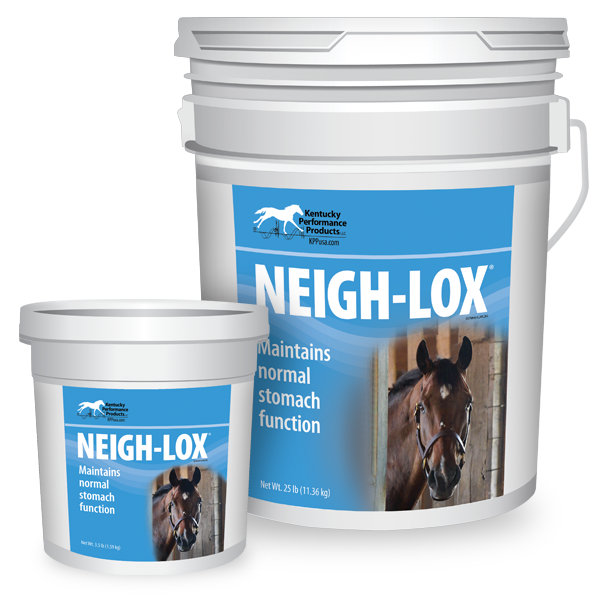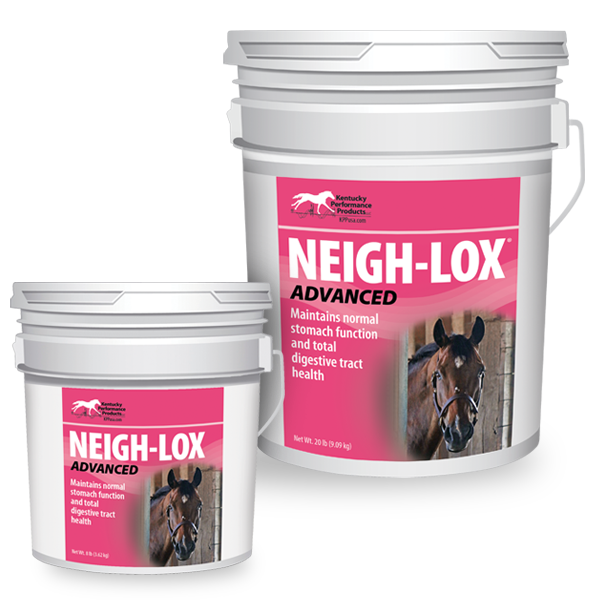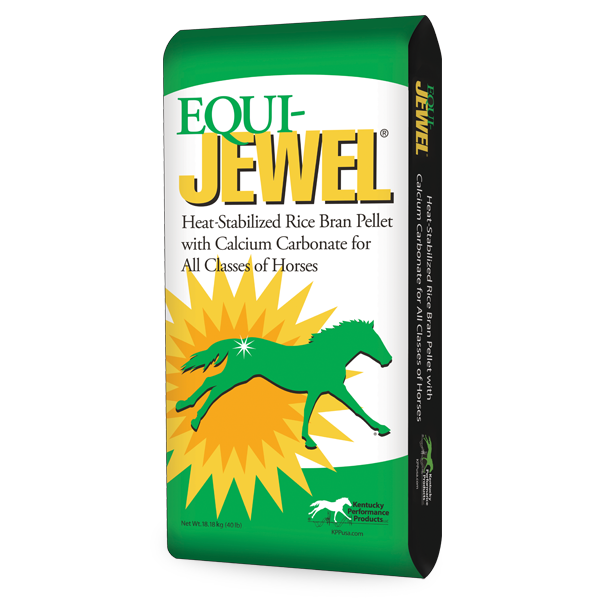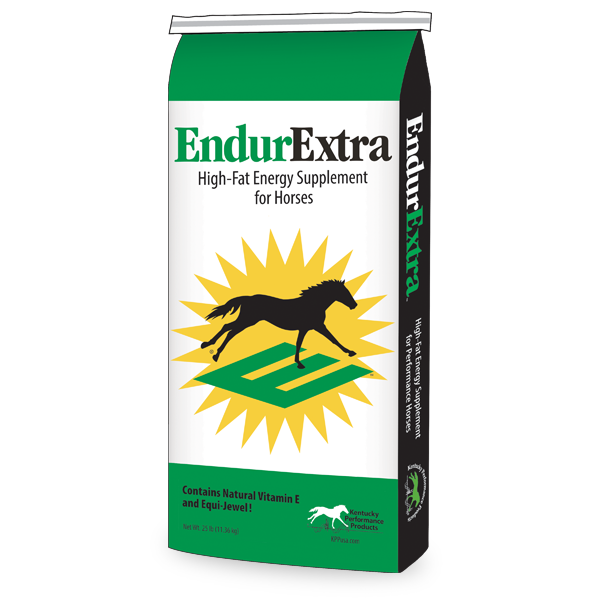A healthy digestive tract is critical to your horse’s wellbeing
Importance of a healthy digestive tract:
The most obvious benefit of the digestive tract is that it converts feedstuff into energy and nutrients that fuel growth, healthy body condition and performance. What isn’t so obvious is the huge role a healthy digestive tract plays in supporting a strong immune system. The gut also contributes to normal fluid balance, which is critical to overall health.
How it works
The horse’s digestive tract is broken down into two main sections: the foregut, made up of the stomach and small intestines, and the hindgut that contains the cecum and colon.
The foregut
The horse has a relatively small stomach that can hold only about 2 gallons of volume and can only moderately digest the simple carbohydrates (starches and sugars) found in grains. Feeding large concentrate meals can overwhelm the equine stomach, allowing simple carbs to escape before they are digested and make their way to the hindgut, where they threaten the balance of the sensitive microbiome.
Because horses are continuous grazers the equine stomach never stops producing the acids which aid in digestion. To counter this acid environment, steady chewing stimulates saliva production. When swallowed, saliva bathes the stomach in acid-reducing buffers. Modern horses that can’t continuously graze are at risk for decreased buffering and the development of irritated tissues referred to as ulcers. Ulcers are prevalent in today’s horse population and can have a negative impact on your horse’s health and performance.
After the stomach, a very long and narrow small intestine further digest foods. It is the site of protein and vitamin absorption. The small intestine empties into the large intestine.
The hindgut
The large intestine is made up of several sections that together are referred to as “the hindgut.” It is within the hindgut, particularly the cecum, that forages (complex carbohydrates like grass, hay and other fermentable fibers) are fermented or broken down by microbes collectively called the microbiome. There are good and bad microbes populating the hindgut. When conditions in the hindgut are stable and the pH level is well-balanced, the good microbes flourish and the intestinal tissues remain healthy. If the pH level (acid level) in the hindgut falls too low (becomes more acidic), the less desirable microbes can take over and the intestinal tissue becomes irritated and inflamed. Excess gas can also accumulate, making horses extremely uncomfortable.
Maintaining proper hindgut pH is very important to a healthy digestive tract. Providing adequate amounts of good-quality forage is necessary to maintain an adequate population of beneficial microbes and a healthy hindgut environment.
It’s all a balancing act
Horses are known as hindgut fermenters. In other words, the hindgut portion of your horse’s digestive tract contains millions of beneficial bacteria and yeast, often referred to as the microbiome. These microbes have the ability to break down otherwise indigestible fiber into nutrients and energy through a process called symbiotic microbial fermentation.
The microbiome living in your horse’s gut is complex and easily disrupted. Confinement, high-energy demands, high-starch diets, abrupt feed changes, shipping, illnesses, and other stressful situations can throw the delicately balanced system out of whack and make your horse sick. Keeping your horse’s microbiome happy and healthy is one of the major challenges facing today’s horse owners.
Supporting a healthy digestive tract with digestive supplements
Providing horses with the opportunity to graze or to have access to free-choice hay is one of the best ways to keep their digestive tracts healthy. During stressful times (bad weather, old age, illness, relocation, weaning) or when horses are dealing with a demanding training and competition schedule, digestive supplements are helpful in maintaining the delicate balance in the horse’s stomach and hindgut. Balancing the digestive system is key to maintaining health by improving nutrient absorption, supporting a robust immune system and reducing the risk of digestive issues.








